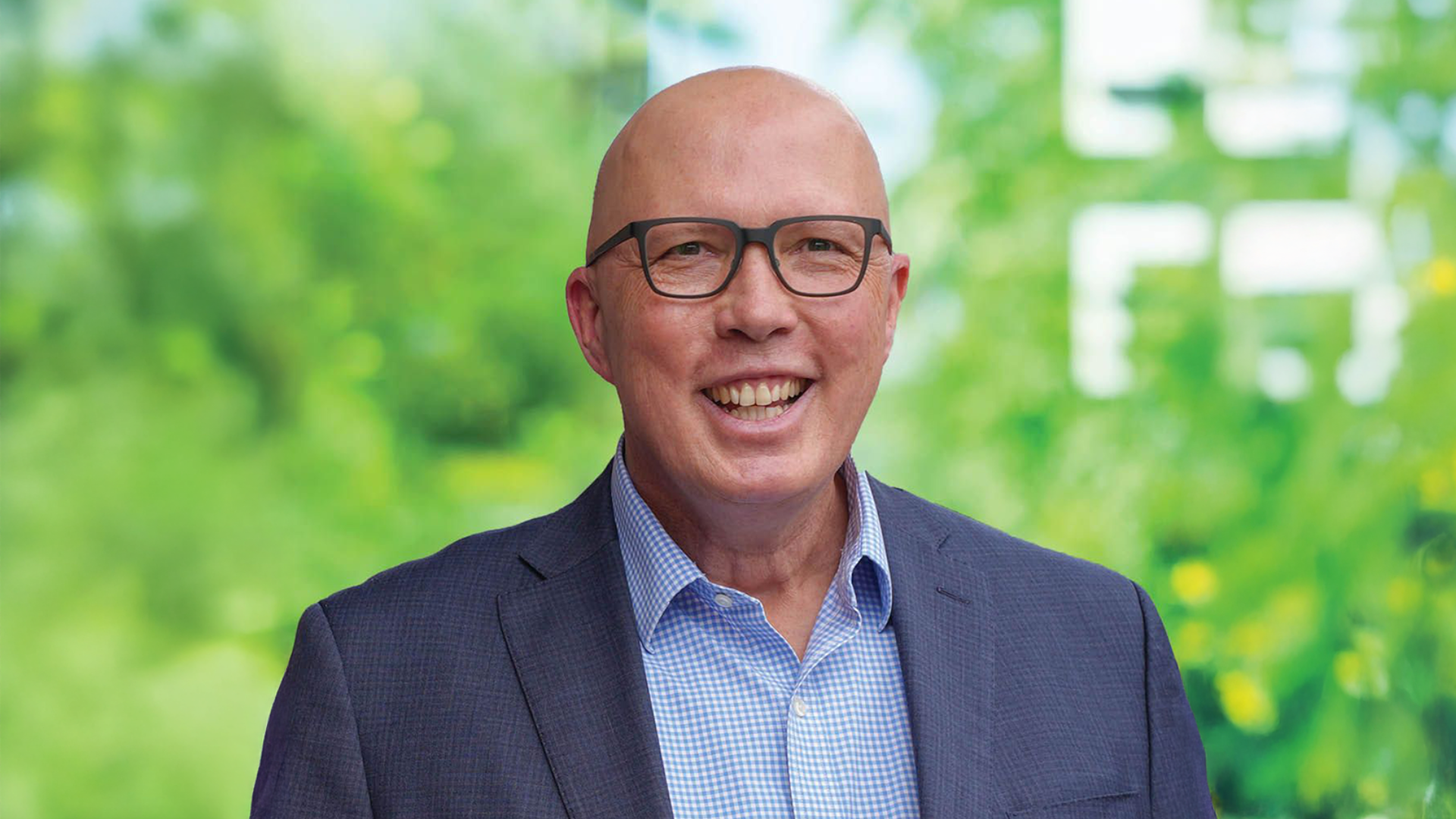Why there’s a valuation standoff – and why it’ll end
While fear and loathing has ruled public and private markets since mid-2022, there’s tentative signs that the worst may almost be over, according to Hartley Rogers, (picture at top), chairman of international private markets manager and advisory firm Hamilton Lane.
“Our outlook is that the Fed policy has basically worked,” Rogers told media on Tuesday (January 24). “… Our feeling is that inflation looks to be tapering off. There’s no reason for the Fed to want for there to be a recession. They really adopted a very aggressive strategy against inflation so they had to talk a good game.”
“… They’re starting to back off. I think when they said “We won’t stop raising until inflation gets down to two per cent”, I believe they were just saying that to try and get the market and the economy to anticipate that this was going to happen from a psychological standpoint rather than following all the way through with that.”
But while the outlook is more optimistic, PE firms haven’t been able to raise as much money as they wanted to despite their recent and historical spectacular performance. But the changed fundraising environment has less to do with the rising cost of new debt than what interest rate increases have done to the public markets; institutional portfolios are out of whack, with illiquid assets coming to form a greater share of them as liquid asset values fell – the denominator effect.
“You had limited partners (LPs) who had an allocation to private markets of – pick a number, 15 per cent – and all of a sudden when the liquid markets went down and the private markets didn’t go down as much and so they were suddenly in an allocation position where they had more invested,” Rogers said. “So that leads to less free capital to invest in new funds.”
“Many LPs, two or three years ago, might have been open to looking at new managers and expanding their stable of managers. Now they’re saying “I’m going to shrink my stable – I’m going to focus on the few funds that I really believe in or where I know the people. I’m not going to go with anybody else”. Particularly in 2022, we had a few LPs who used their entire private equity allocation in the first quarter of the year only doing re-ups to managers they were already invested in.”
Rogers also noted that, despite the apparent rude health of the biggest segment of the private markets – buyouts – there’s still widespread suspicion that “some kind of financial skullduggery is afoot” in their valuations.
While the majority of private markets asset classes are fairly easy to value (buyouts being some of the easiest), venture/growth capital – which has grown hugely in the last few years – is “tricky”, Rogers says. It’s tricky because there often aren’t public comparables for many of the companies. They can be pre-earnings or pre-revenue, but they’re still being valued “according to some metric that the venture capitalists put on them” – and the only really valid mark is getting new money from the outside.
“But what’s happened in the venture/growth area is many good companies raised a lot of money in 2020 and 2021 and they haven’t had to refinance yet,” Rogers says. “So there’s a little bit of a standoff right now in where the venture capitalists are carrying the companies – and they carry them, generally, at the last round.”
“So if somebody raised money in 2021 – a unicorn at, let’s say, an $8 billion valuation – that’s where it’s being carried today. And it’s very hard to argue that it should be less than that or more than that. Because there aren’t comparables and there hasn’t been another round of financing. The discovery will occur when there’s another round of financing.”
“I think most people in the industry believe that if you took the stock market environment today and just said “That’s it – it’s flat” that you would see some discounts in that. That’s the trickiest part. That’s why you see lower volumes right now in the venture growth space: because you’ve got a standoff between the companies and the investors.”
And private markets managers themselves are looking for new sources of capital, “retailising” their products in the face of the decline of their most common funding source – defined benefit pension funds.
“If you went back 20 years, most of the money coming into private equity was coming into defined benefit pension funds – the big players, the elephants, were the defined benefit pension funds like CalPERS,” Rogers says. “Today… the major funding group for that asset class is declining, because there aren’t new defined benefit pension funds being created in the developed world. Most countries have moved to a model like Australia has, where there are defined contribution plans.”
“There’s a shift in the private markets where there’s much more focus today on getting money from new sources into the asset class because of the decline in the old sources. That’s led firms like us to structure products that are available to high net worth investors, retail investors in certain jurisdictions – it’s very different, depending on the country, on who you can market to.











